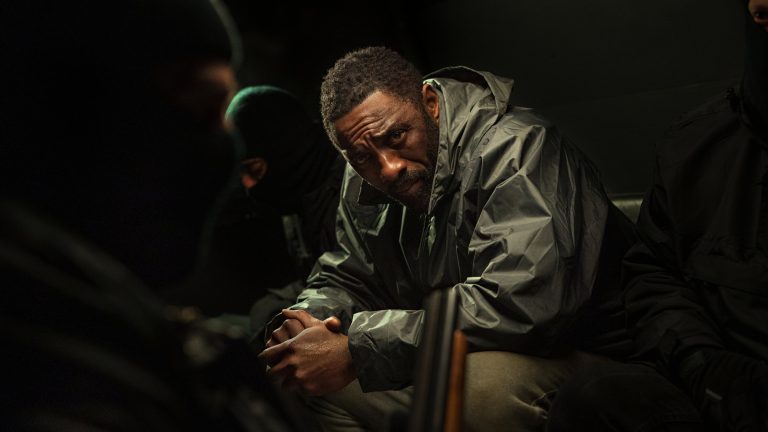“Monster” (2003) is a testament to what patriarchy actually is. The superstructure of patriarchy is ugly, filled with the crushed bones and spirits of women and others. Writer-director Patty Jenkins humanizes Aileen Wuornos (Charlize Theron), and truth be told, she is not someone our so-called societal standards will ever let be humanized. How can someone be humanized after she has gruesomely killed multiple men? Are we setting a bad example here by exploring the aspects that made her a serial murderer?
Aileen wants to love and be loved. However, the society she lives in doesn’t offer her any love. Love is and always will be that flower that society wants to trample on. The reason is relatively straightforward. Love is defiance. Love is freedom—the kind of freedom that comes with defiance, and love can unfurl in the most unlikeliest of spaces. It is in open defiance of God, country, and man. Political positions have always been taken on women, their bodies, and their ability to love.
Monster (2003) Plot Summary & Movie Synopsis:
How did Aileen and Selby Meet Each Other?
The young woman Selby (Christina Ricci) is lonely and gay. She has a broken hand, and nobody wants to talk to her at a club. When anybody does, it’s just to take the chair because nobody is sitting with her. She, by the mechanics of it, is drawn towards Aileen when she walks into the bar and wants to buy her a drink even though Aileen makes it abundantly clear that she is not gay. Selby is not deterred and still offers to buy her a drink, but they end up drinking the night away. She even offers to have Aileen come crash at her place.
Aileen is struck by this beautiful girl and starts to spend more time with her, and as she starts to enjoy her company, she begins to hate her job, which is that of a sex worker. She doesn’t want to continue the job, but she does want to take Selby out, which leads her to one of her trysts. This maniac rapes Aileen, and she ends up shooting him. After cleaning herself up, she comes to meet Selby, as she hasn’t turned up for their date. Aileen and Selby leave in the middle of the night and start their life afresh, engaging in passionate lovemaking, which means more to her than anything.
What Leads to Aileen’s Downfall?
The narrative is predictable, but sometimes predictability is required. When you are dealing with the subject of a female serial killer, the psyche is up for display, and so is the mirror for society to look at their ugly faces. She wants to be with Selby, and the only way she will be able to do it is by taking care of her. She goes on more dates and kills more men, and their cars become her trophies while she funds a lovely lifestyle for her and Selby.
All seemed good until she ended up killing an ex-cop, and the whole police force comes behind her. She sends Selby up to her father’s before she is captured. Selby calls her when she is in police custody to make her confess, and when Aileen realizes that Selby will get muddled in this, she does, knowing fully well that the police are listening in on the call.
Who Is the Monster?
The film gently asks this question. The film plays out at its own speed and never takes up a moral high ground as to what is right and wrong. It never points the finger at the audience, telling them what to think. Charlize Theron embodies Aileen, and there’s no denying how brilliant her performance was in the film. But as the narrative plays itself out like the music of a self-indulgent band, you understand that what she does is nothing but what men had made her do. The first montage and her voiceover are very important for understanding this.
She always wanted to be an actor. She tried to run away and be famous. Each and every one of us, at some point in our childhood, wanted to run away and become an actor. Her determination to run away came from the constant sexual abuse her father’s friend was subjecting to her. When she complained, she was beaten up by her father. So she did want to run away. No one can invalidate your reasons for running away, but it is always a sign of impending or ongoing abuse.
Even while growing up and performing various sexual acts for her classmates, she always wanted to feel loved. The montage shows how she performs her act, and when she demands more, maybe love, warmth, or just some acceptance, she is thrown out of the car by that guy from school. The film is not about a monster. She is not the monster. It’s us – the society.
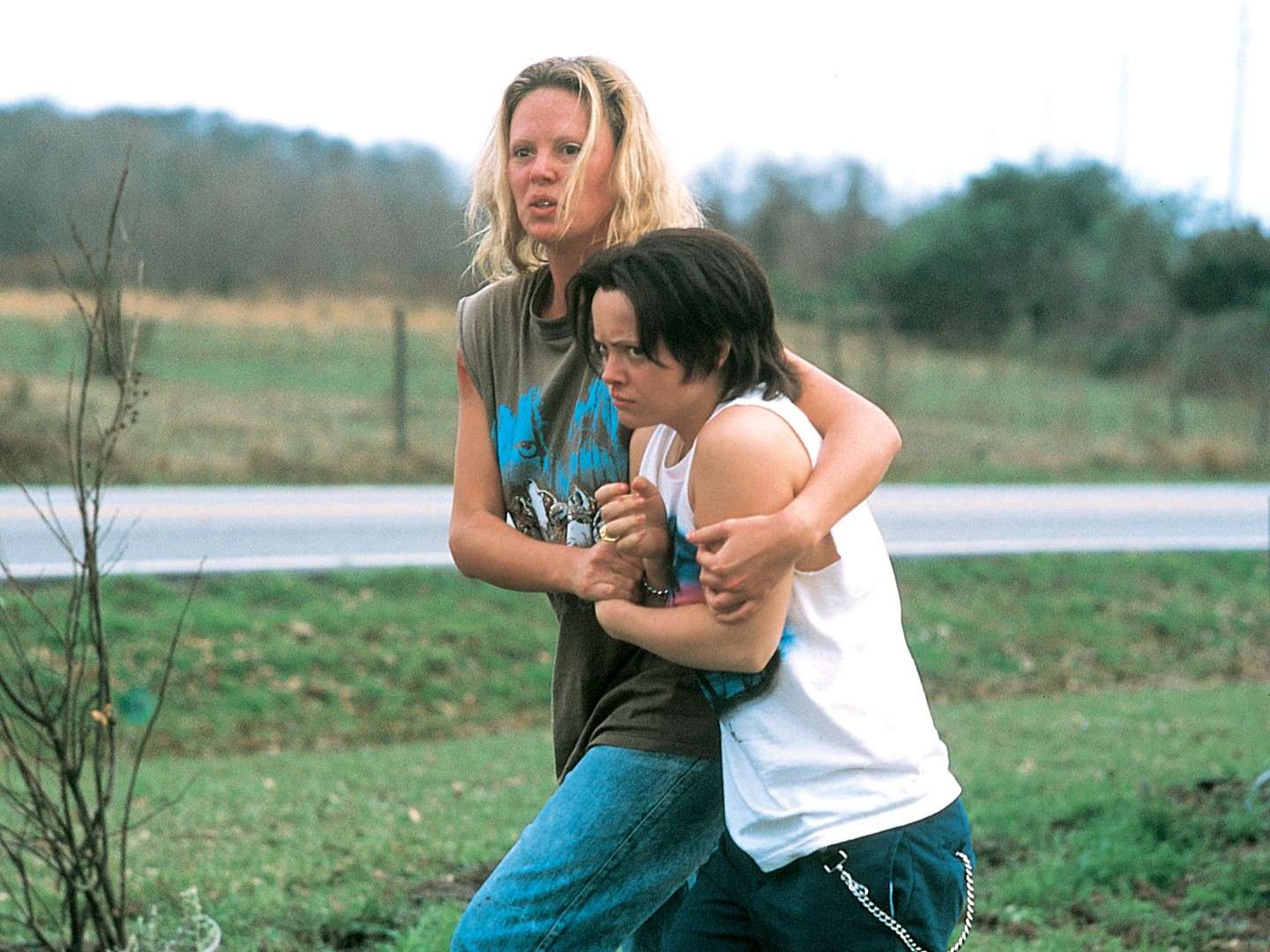
Why is Selby so important?
The character of Selby is probably the most important in the film. Without her, Aileen is the typical monster that women are usually made out to be. Selby humanizes Aileen. Selby proves that she is able to love just like anyone else. Even though the relationship might have the power dynamics of a sibling relationship, it still was able to prove that Aileen was not a person without any feelings.
When she is drunk, Aileen tells the story of how her brothers and sisters were ashamed of her because after the death of their father, she wanted to take care of them, and when they found out what she used to do to bring money to the table, she was ostracised. Sex work is the world’s second oldest profession, but anybody who engages in the profession is considered to be dirty and impure. She wanted to take care of her siblings, but she wasn’t able to. Selby knows fully what Aileen does, yet she engages with her.
There’s a small moment where again Jenkins reinforces her innocence and humane attitude. One of her Johns drives to the edge of the forest, and as she riles him up, she sees that the person is not at all comfortable and is doing all of this for the first time. She becomes aware of why he’s doing it. There’s a forced element in the face of the man. To be a man, you need to do *manly” things. You have to take part in rituals created by the society which deems someone as a man. She doesn’t shoot him because he is afraid, like she would’ve been every time she was abused.
Monster (2003) Movie Ending Explained:
What Happens to Selby in the End?
The ending is beautiful in its own right. Aileen confesses. She confesses to all of her murders. She confesses to Selby. Selby becomes her savior. But the scene is poignant. Selby is surrounded by police officers who are listening in on the call. All men. It symbolizes how men create pressures and fissures to get what they want. Emboldened by the power of the law or, rather, the power of a social structure, it pressures a woman. It creates enough leverage by creating the notion of how if she doesn’t do what she is asked of, she will be harassed throughout her life.
Aileen realizes that Selby is being cornered and pressured when she doesn’t get an answer to the money she had given to her while dropping her off at the bus for her to leave. It’s a minimal amount, but for Aileen, it wasn’t. It was the last of the money that she had earned through the killing of one of her Johns. Ultimately, she doesn’t have money to play a song on the jukebox while at the bar, where she is finally captured. It was a lot of money, but Selby describes it as change, knowing fully well that if she accepts her narrative, she will also be prosecuted for being an accessory.
Read More: Mad Max: Fury Road (2015) Movie Ending & Themes Explained: Does Furiosa Take Control of The Citadel?
Aileen knows that in the world ruled by these monsters, Selby would never be safe if she didn’t confess to her. Her final act is that of love. She was never afforded the chance to love, and she funded her love by killing those men. Those men represented the worst that she had been through. She was never afforded care or a warm embrace, and she bought that embrace through that blood money.
She wasn’t ashamed of it. At the beginning of her relationship with Selby, she goes to find regular jobs and is met with smug men who deny her the opportunity. She bursts at one of them, saying how they created her and that they can’t give her a job. It’s not her fault that she turned out the way she did. She is absolutely right, even though the sequence ends in a heartbreaking manner where she is taken in by a police officer who trades sexual favors from her by allowing her to operate as a sex worker.
Final Thoughts:
Our society is funny. It is afraid of the very things it creates. Patriarchy is that superstructure that will keep giving birth to such monsters. They will be termed as such, looked at as such, and villainised as such. Masculinity is hegemonic, and this hegemony is maintained through constant erosion of the social and self-belief of the other genders. The film does not warrant further reading if you belong and subscribe to the mindset of the patriarchy.


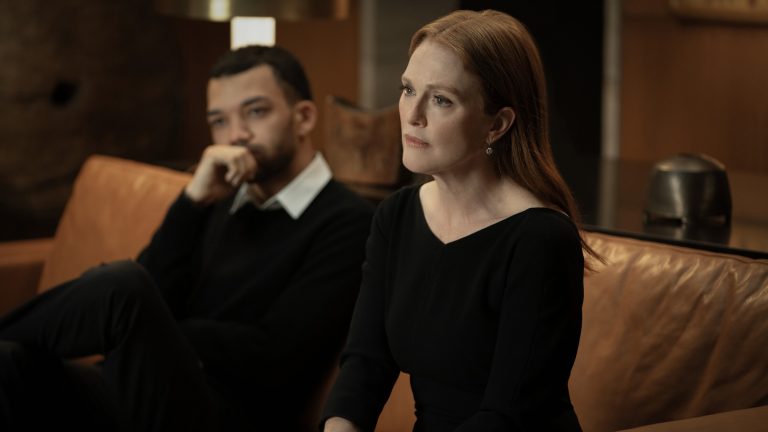
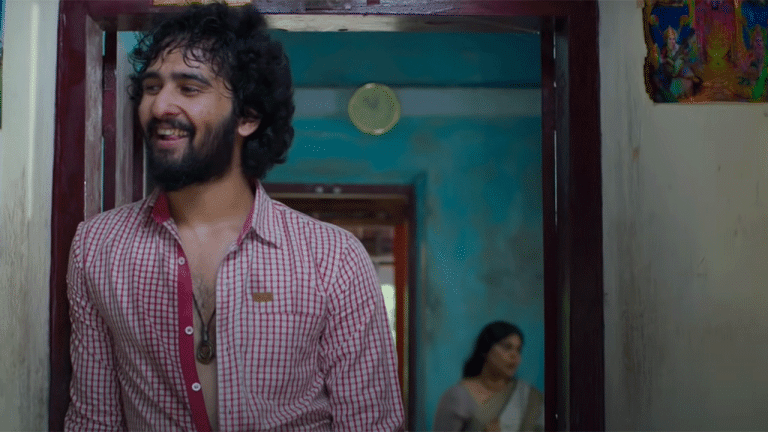
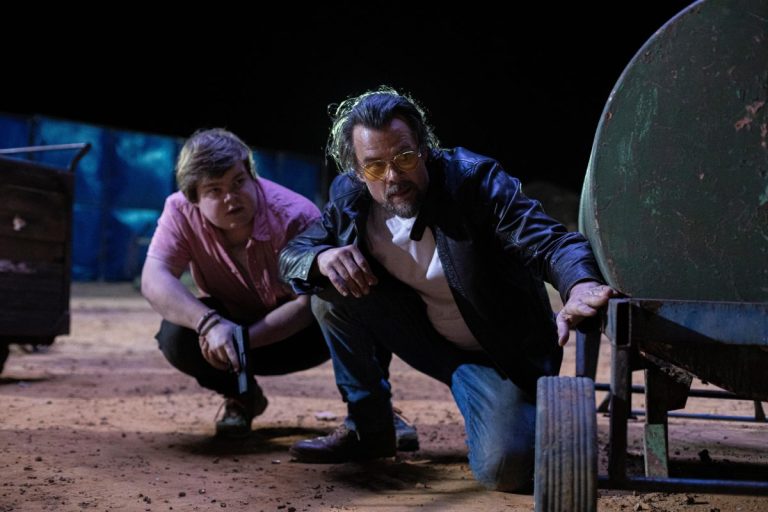
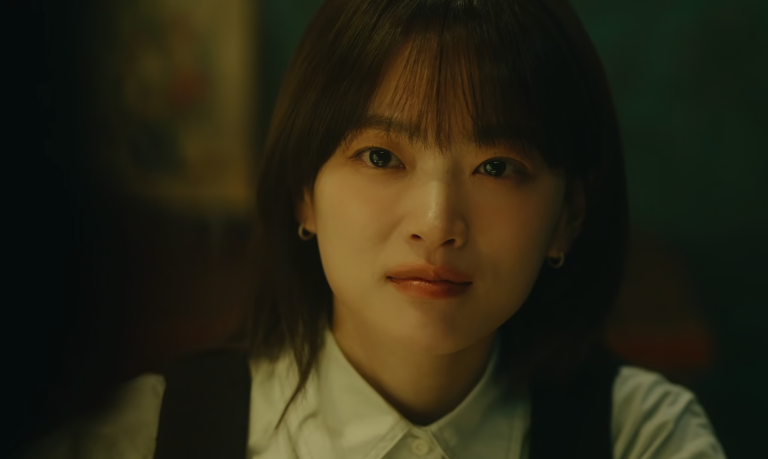
![Call Me By Your Name [2017] ‘MAMI’ Review: A ripe celebration of first love!](https://79468c92.delivery.rocketcdn.me/wp-content/uploads/2017/10/Call-me-by-your-name-2-768x412.jpg)
